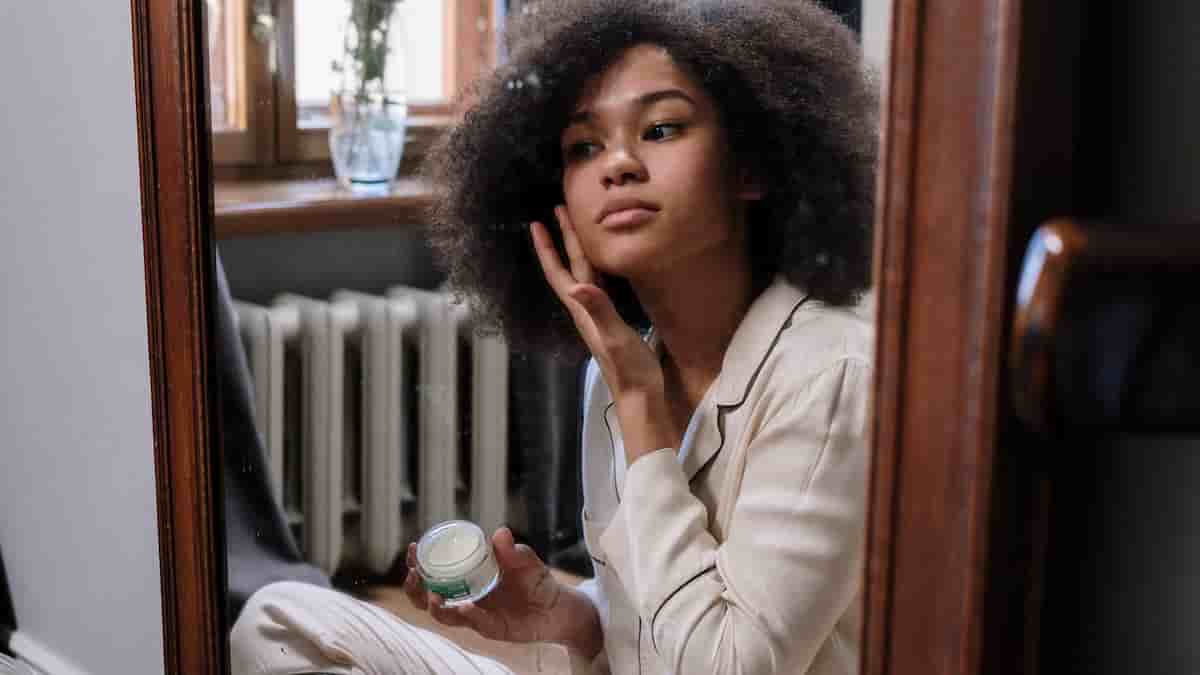Here is your complete guide to pimple on head home remedies.
Introduction to Pimple on Head Home Remedies
Have you ever experienced the discomfort of having a pimple on head home remedies? The presence of these pesky bumps can be quite bothersome, causing pain, itchiness, and even embarrassment. But worry not, as there are effective pimple on head home remedies that can help you get rid of head pimples naturally. In this comprehensive guide, we will explore the causes, types, and top 10 home remedies for pimples on the head, along with additional tips and frequently asked questions. What you need to know about pimple on head home remedies. Why pimple on head home remedies is so important to learn. Here is your complete guide to pimple-on-head home remedies. So let’s explore step by step pimple on head home remedies.
Causes and Types of Pimple on Head Home Remedies
Pimples on the head can occur due to various reasons, including hormonal imbalances, clogged hair follicles, excessive oil production, and bacterial infections. Understanding the specific type of pimple you have is essential for selecting the most appropriate treatment. Here are the common types of head pimples:
- Scalp Acne: These are similar to acne on the face and can occur when hair follicles become clogged with oil, dirt, and dead skin cells.
- Folliculitis: This condition is characterized by inflamed hair follicles, usually caused by bacteria or fungal infections.
- Seborrheic Dermatitis: A common skin condition that causes red, itchy, and flaky patches on the scalp, often resulting in pimples.
Top 10 Pimple on Head Home Remedies
When it comes to treating head pimples, natural home remedies can be highly effective. Here are the top 10 remedies that you can try:
1. Tea Tree Oil
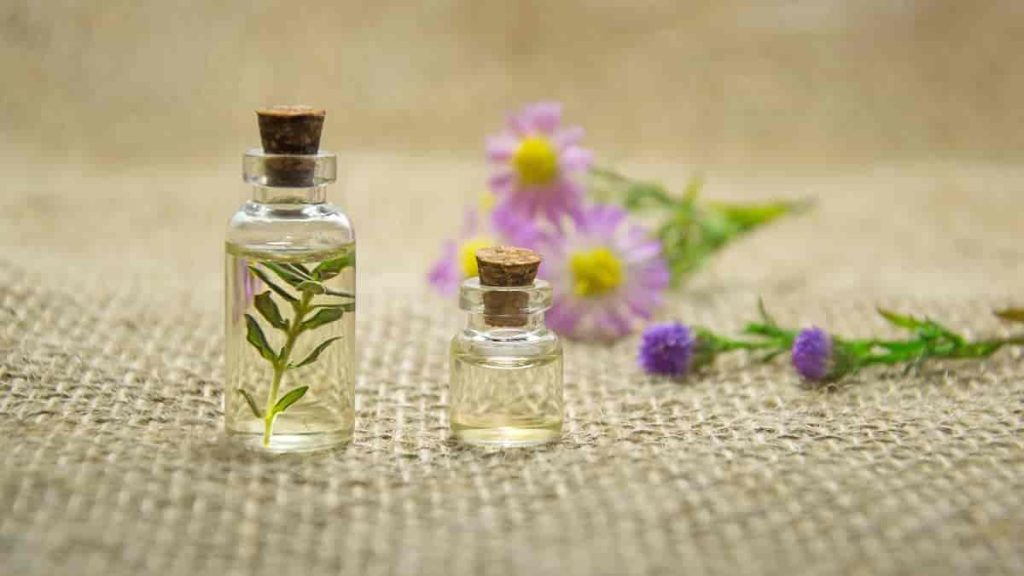
- How to use:
- Mix a few drops of tea tree oil with a carrier oil (such as coconut oil) and apply it directly to the affected areas.
- Leave it on for 30 minutes, then rinse off with lukewarm water.
- Benefits:
- Tea tree oil possesses antimicrobial properties that can help combat the bacteria responsible for head pimples.
- It also helps reduce inflammation and soothe the skin.
2. Apple Cider Vinegar
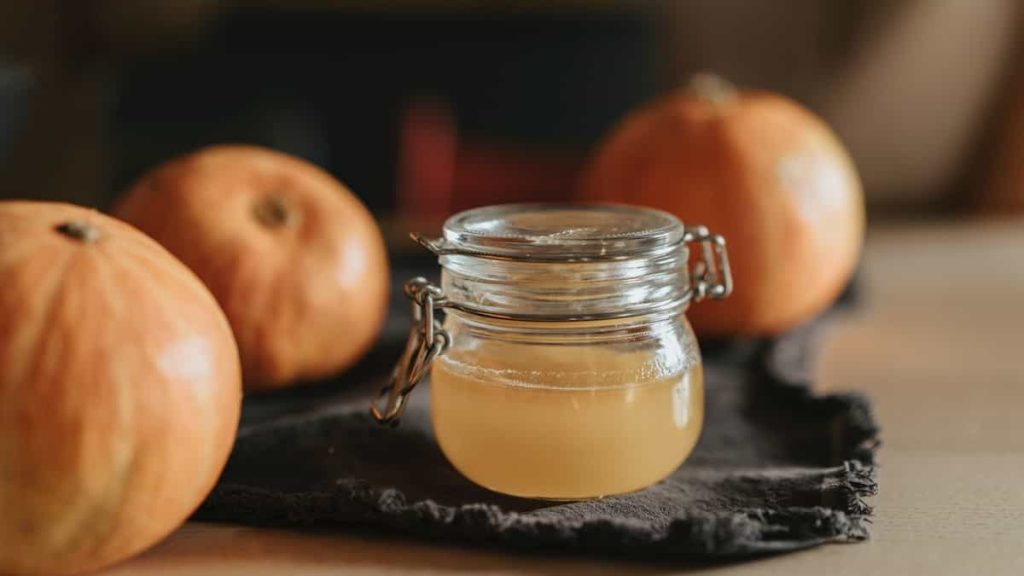
- How to use:
- Dilute apple cider vinegar with water in a 1:1 ratio.
- Apply the mixture to your scalp using a cotton ball.
- Let it sit for 10-15 minutes, then rinse thoroughly.
- Benefits:
- Apple cider vinegar’s acidic nature helps balance the pH levels of the scalp, reducing inflammation and inhibiting bacterial growth.
3. Aloe Vera
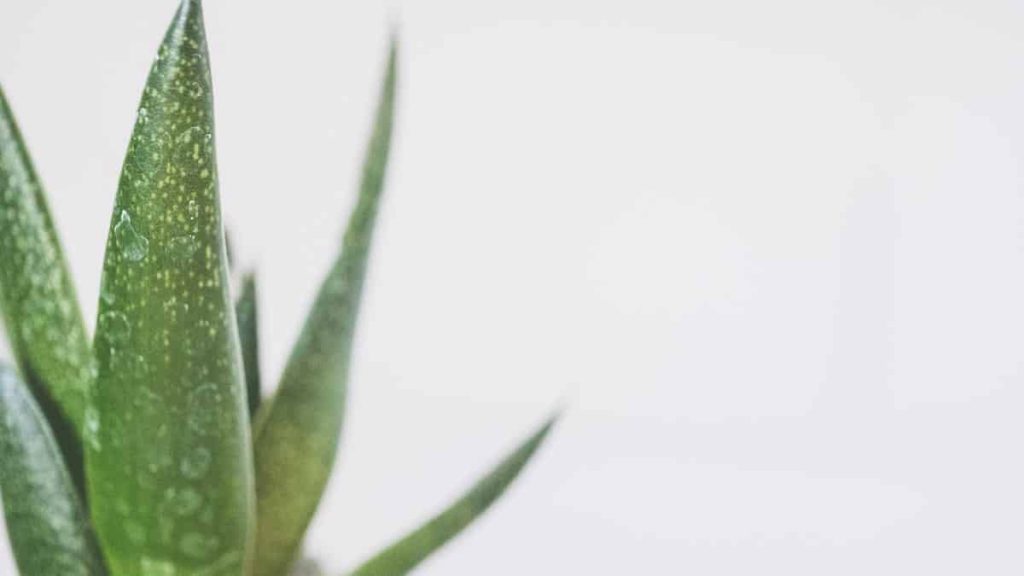
- How to use:
- Extract the gel from an aloe vera leaf and apply it directly to the affected areas.
- Leave it on for 20-30 minutes before rinsing off.
- Benefits:
- Aloe vera possesses soothing and anti-inflammatory properties that can help alleviate itching, redness, and swelling associated with head pimples.
- It also aids in promoting healing and preventing scarring.
4. Neem Oil
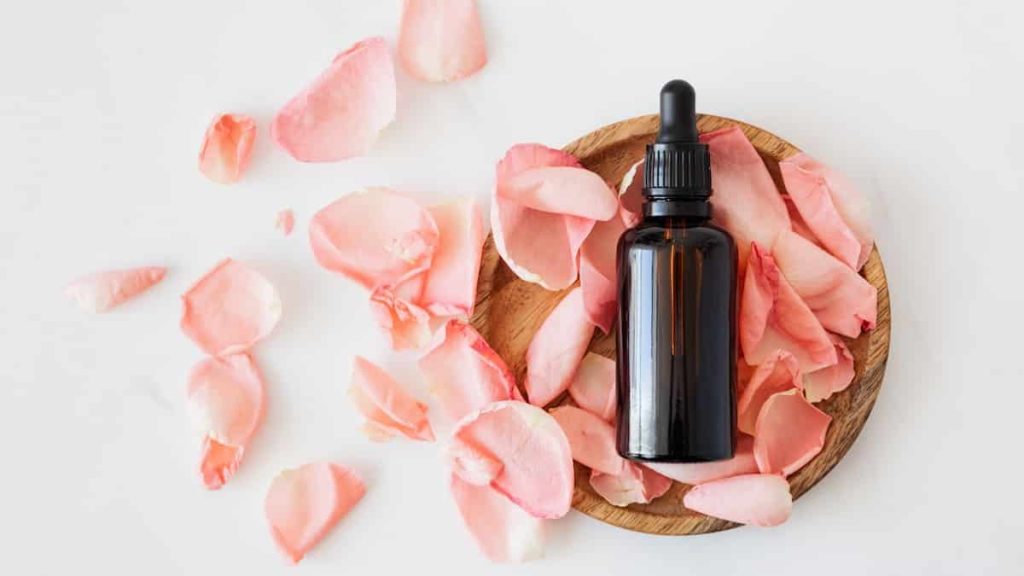
- How to use:
- Mix a few drops of neem oil with a carrier oil (such as olive oil) and apply it to the affected scalp.
- Massage gently and leave it on for 1-2 hours before rinsing off.
- Benefits:
- Neem oil is known for its powerful antibacterial and antifungal properties, making it effective against scalp infections and reducing pimple formation.
5. Witch Hazel
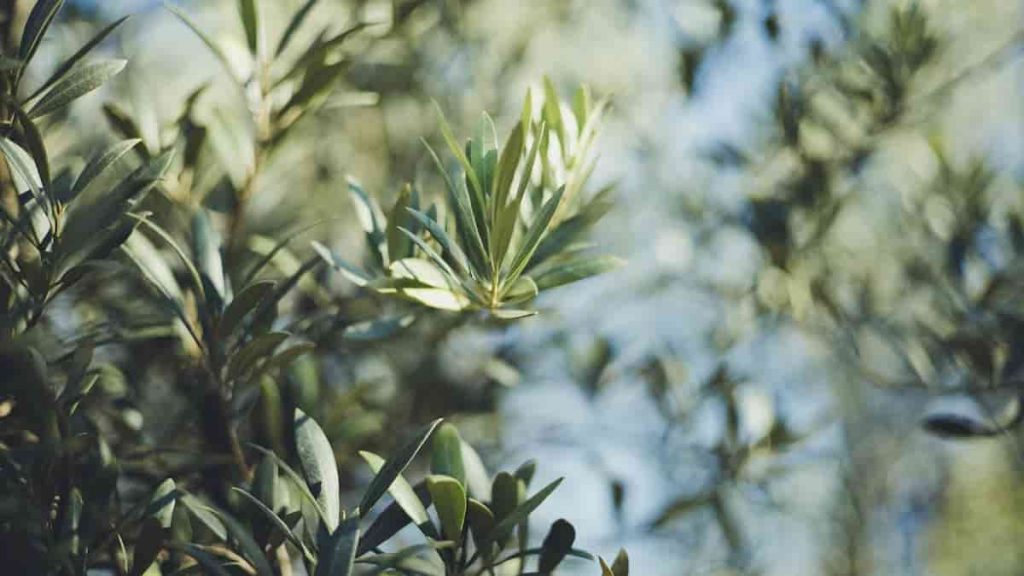
- How to use:
- Soak a cotton ball in witch hazel and apply it directly to the pimples on your head.
- Leave it on for 15-20 minutes, then rinse off with water.
- Benefits:
- Witch hazel acts as an astringent, helping to cleanse the scalp and reduce inflammation.
- It can also provide relief from itching and irritation.
6. Lemon Juice
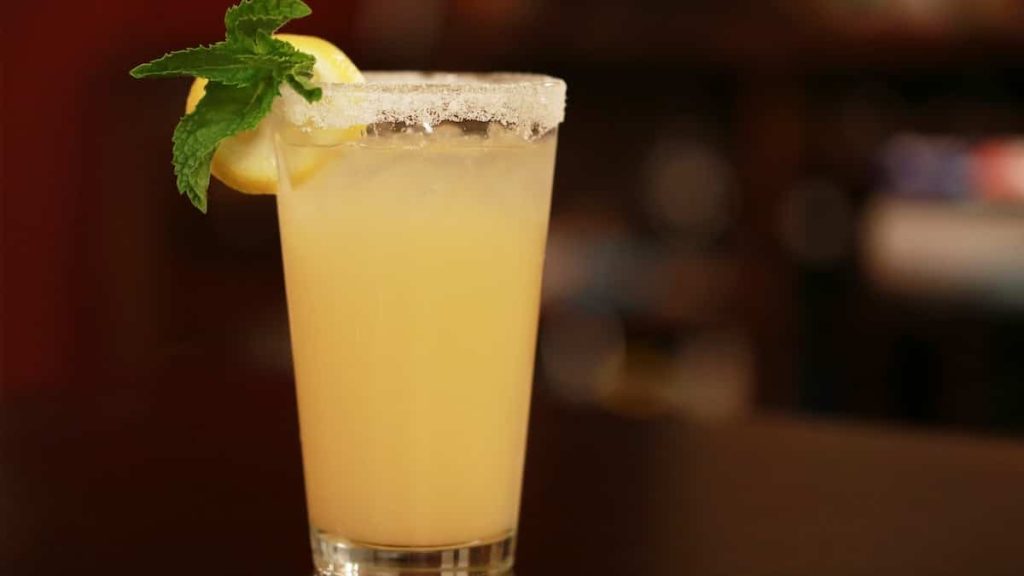
- How to use:
- Squeeze fresh lemon juice and apply it directly to the scalp using a cotton ball.
- Leave it on for 15-20 minutes, then rinse off with water.
- Benefits:
- Lemon juice contains natural acids that help exfoliate the scalp, unclog hair follicles, and reduce oiliness.
- Its antibacterial properties can also help fight scalp infections.
7. Honey
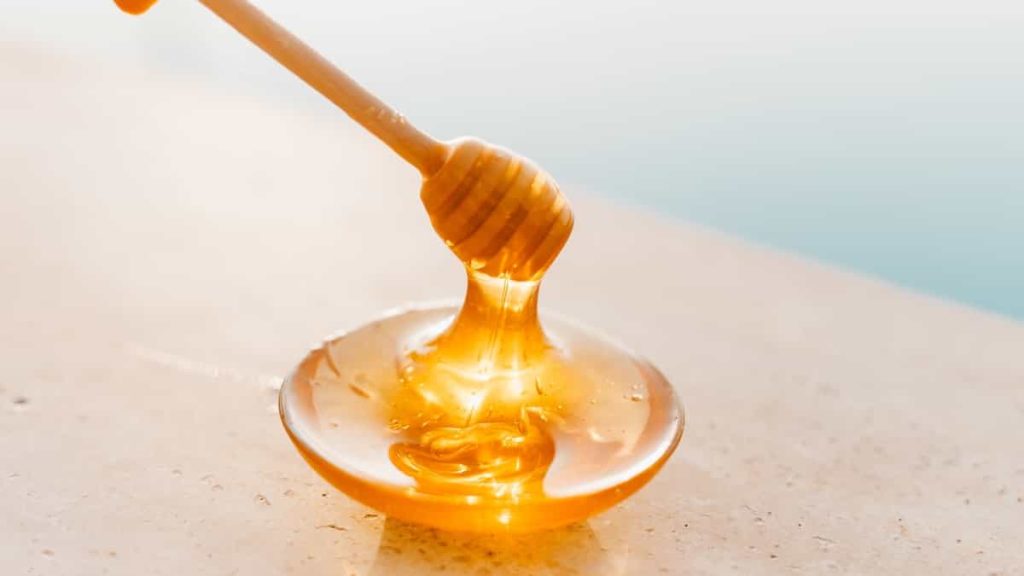
- How to use:
- Apply honey directly to the affected areas on the scalp.
- Leave it on for 20-30 minutes before rinsing off.
- Benefits:
- Honey possesses antimicrobial properties and acts as a natural moisturizer, aiding in the healing process and preventing further infections.
8. Green Tea
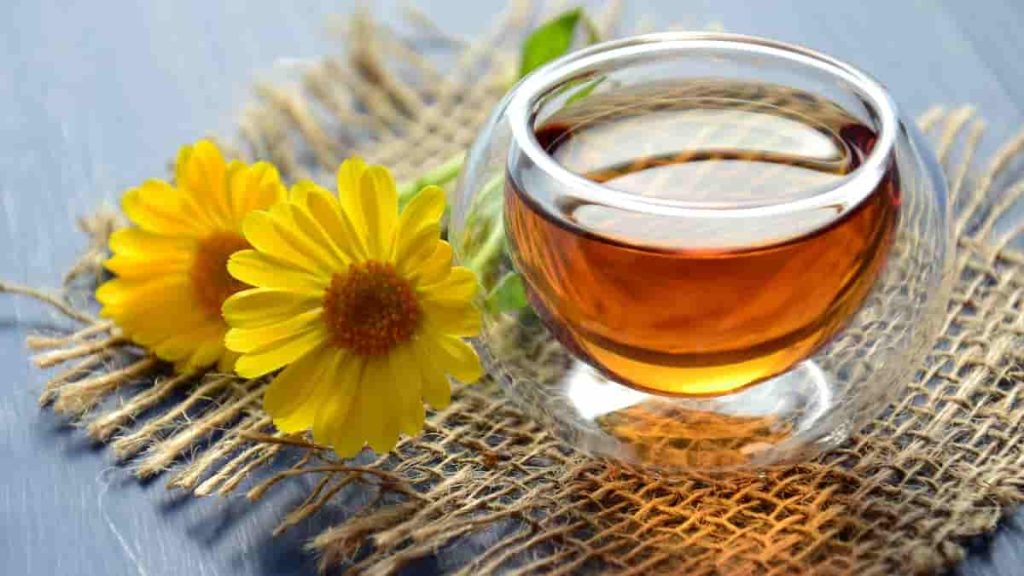
- How to use:
- Brew a cup of green tea and let it cool.
- Apply the cooled green tea to your scalp using a cotton ball or by pouring it directly onto your head.
- Leave it on for 30 minutes, then rinse off.
- Benefits:
- Green tea is rich in antioxidants that can help reduce inflammation and fight bacteria, contributing to a healthier scalp.
9. Baking Soda: Pimple on Head Home Remedies
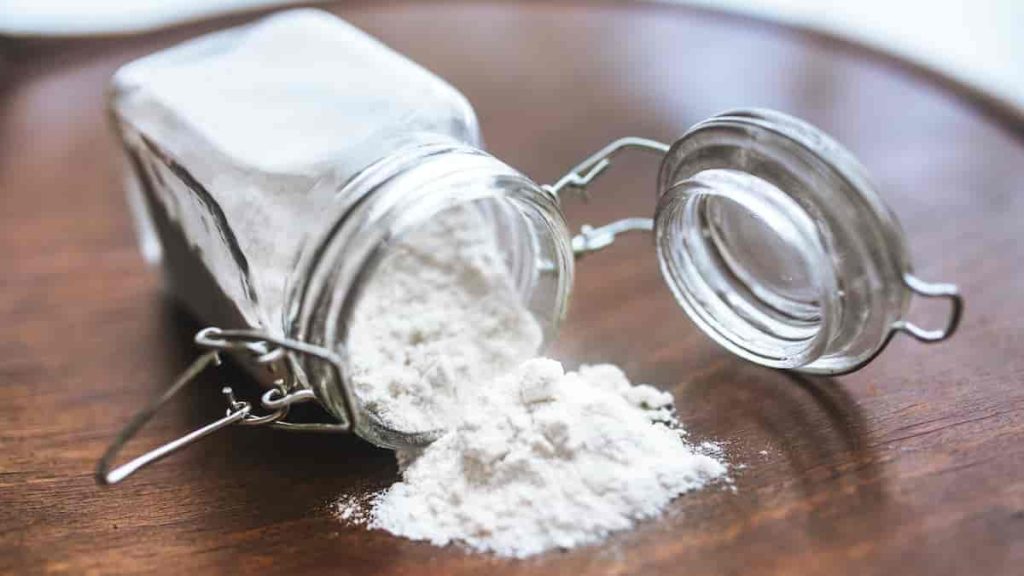
- How to use:
- Mix baking soda with water to form a paste-like consistency.
- Apply the paste to the affected areas on the scalp, gently massaging it in circular motions.
- Leave it on for 10-15 minutes, then rinse off with water.
- Benefits:
- Baking soda acts as an exfoliant, helping to remove dead skin cells and unclog hair follicles.
- It also has antiseptic properties that may aid in reducing inflammation and killing bacteria.
10. Essential Oils Blend: Pimple on Head Home Remedies
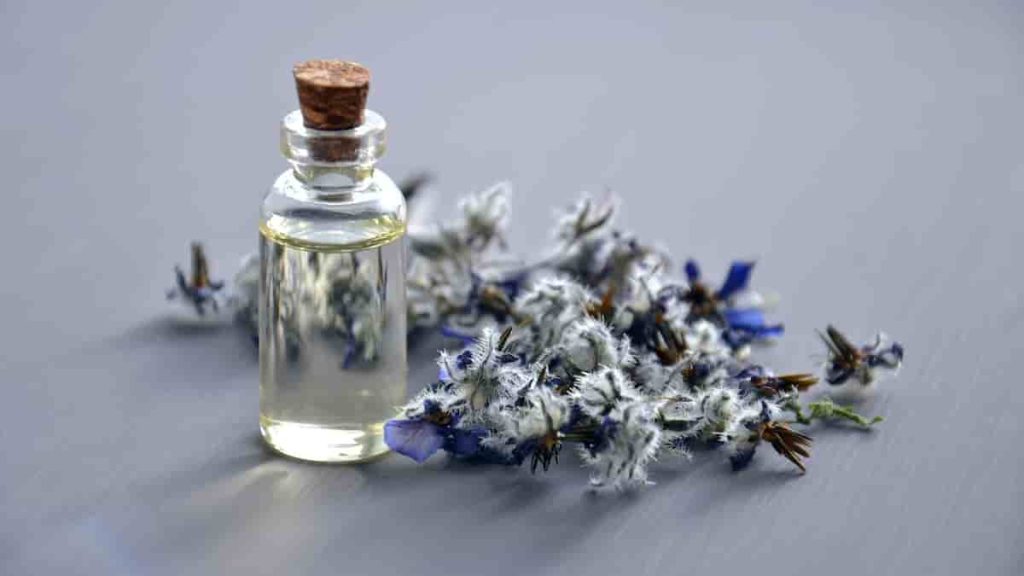
- How to use:
- Combine a few drops of lavender oil, rosemary oil, and peppermint oil with a carrier oil (such as jojoba oil).
- Apply the mixture to your scalp, gently massaging it in.
- Leave it on for a few hours or overnight before rinsing off.
- Benefits:
- These essential oils have antibacterial, antifungal, and soothing properties, making them an effective blend for treating head pimples.
Additional Tips for Treating Pimple on Head Home Remedies
In addition to the home remedies mentioned above, here are some extra tips that can help you manage and prevent head pimples:
- Maintain good scalp hygiene by washing your hair regularly with a mild shampoo.
- Avoid using harsh hair care products that may irritate the scalp or clog hair follicles.
- Refrain from scratching or picking at the pimples, as this can worsen the condition and increase the risk of infection.
- Practice stress management techniques, as stress can contribute to hormonal imbalances and trigger pimple outbreaks.
- Opt for loose hairstyles that allow your scalp to breathe and reduce friction.
Frequently Asked Questions about Pimple on Head Home Remedies
Can stress cause pimples on the head?
Stress can indeed contribute to the development of head pimples. When we’re stressed, our body produces more cortisol, a hormone that can stimulate oil production and lead to clogged hair follicles. Therefore, managing stress through relaxation techniques, exercise, and self-care can help prevent pimple outbreaks.
How long does it take for a pimple on the head to heal?
The healing time for a pimple on the head can vary depending on the severity and individual factors. On average, it may take anywhere from a few days to a couple of weeks for a pimple to heal completely. However, by using the appropriate home remedies and maintaining good scalp hygiene, you can expedite the healing process.
Read More About Do Saunas Help to Lose Weight?
Are there any natural remedies for pimple scars on the head?
Yes, several natural remedies can help reduce pimple scars on the head. Some options include aloe vera gel, rosehip oil, vitamin E oil, and raw honey. These remedies can promote skin healing, reduce inflammation, and improve the appearance of scars over time.
Read More About The Amazing Benefits of Avocado Oil.
How do you get rid of pimples on your head?
To get rid of pimples on your head, you can try the following remedies:
- Apply tea tree oil, which has antimicrobial properties, directly to the affected areas.
- Dilute apple cider vinegar with water and apply it to your scalp to help balance pH levels and reduce inflammation.
- Use aloe vera gel to soothe the skin and reduce redness and swelling.
- Apply neem oil, known for its antibacterial properties, to fight scalp infections.
- Use witch hazel as an astringent to cleanse the scalp and reduce inflammation.
- Lemon juice can be applied to exfoliate the scalp and unclog hair follicles.
- Honey, with its antimicrobial properties, can aid in healing and preventing infections.
- Green tea, rich in antioxidants, can reduce inflammation and fight bacteria on the scalp.
- Baking soda can be used as an exfoliant to remove dead skin cells and unclog follicles.
- Create a blend of lavender oil, rosemary oil, and peppermint oil with a carrier oil and apply it to the scalp for their soothing and antibacterial properties.
Read More About Are Brazil Nuts Good for You?
How do you get rid of pimples on your scalp naturally?
To naturally get rid of pimples on your scalp, you can try the following approaches:
- Maintain good scalp hygiene by regularly washing your hair with a mild shampoo.
- Avoid using harsh hair care products that can irritate the scalp or clog hair follicles.
- Apply a paste of baking soda and water to gently exfoliate the scalp and unclog follicles.
- Use apple cider vinegar diluted with water to restore the scalp’s pH balance and reduce inflammation.
- Apply aloe vera gel directly to the affected areas to soothe the scalp and promote healing.
- Use tea tree oil, known for its antimicrobial properties, to combat bacteria and reduce inflammation on the scalp.
- Apply a mixture of neem oil and a carrier oil to the scalp to fight scalp infections naturally.
- Keep your hair and scalp clean and avoid excessive oil buildup, which can contribute to pimple formation.
- Incorporate stress management techniques into your routine, as stress can contribute to hormonal imbalances that lead to pimples.
Read More About The Most Compatible Zodiac Signs.
What causes pimples on my head?
Pimples on the head can have various causes, including:
- Clogged hair follicles due to excess oil, dirt, or dead skin cells.
- Hormonal imbalances that can stimulate oil production and lead to follicle blockage.
- Bacterial or fungal infections, such as folliculitis, which can cause inflammation and pimple formation.
- Seborrheic dermatitis, a common skin condition that causes red, itchy, and flaky patches on the scalp, often resulting in pimples.
- Certain hair care products that contain irritants or pore-clogging ingredients.
- Poor scalp hygiene, including infrequent washing or inadequate removal of product buildup.
Read More About Carrots for Weight Loss.
Why do scalp pimples hurt so much?
Scalp pimples can be particularly painful due to several reasons:
- The scalp has numerous nerve endings, making it more sensitive to inflammation and pain.
- Pimples on the scalp can become inflamed and swollen, putting pressure on the surrounding nerves and causing discomfort.
- Scratching or touching the scalp pimples can further aggravate them, leading to increased pain.
- In some cases, scalp pimples can be deep-rooted and closer to the bone, making them more painful.
- Pimples on the scalp can also cause tension and tightness in the surrounding scalp muscles, contributing to pain and discomfort.
Read More About The Powerful Benefits of Turmeric with Milk.
Conclusion
Dealing with a pimple on the head can be uncomfortable and frustrating, but with the right knowledge and home remedies, you can effectively manage and treat them naturally. Remember to choose remedies that suit your skin type, and be consistent in your application for best results. If your condition worsens or persists, it’s always advisable to consult a healthcare professional for further evaluation and guidance. Embrace these natural solutions, and say goodbye to those pesky head pimples for good!

